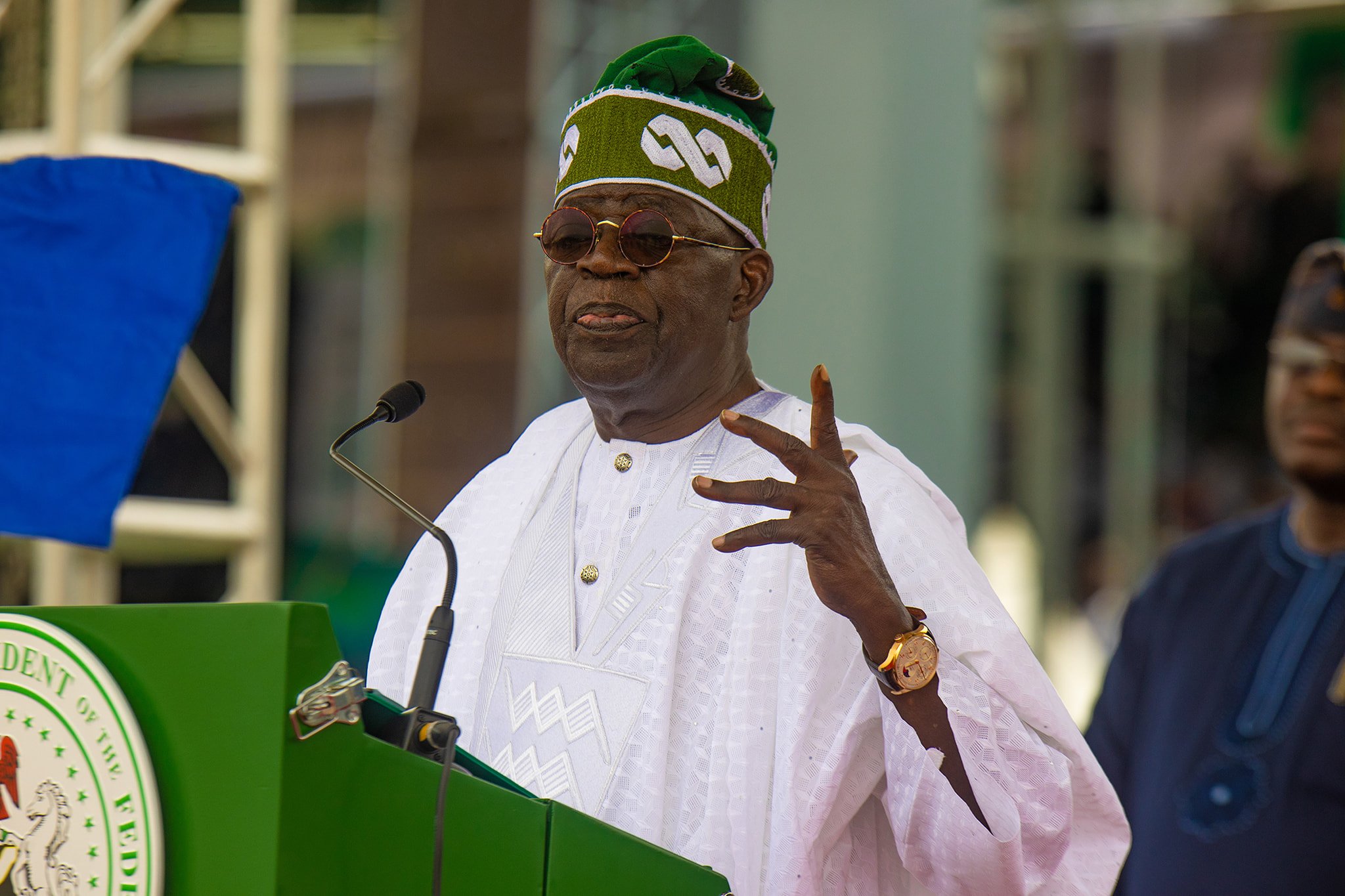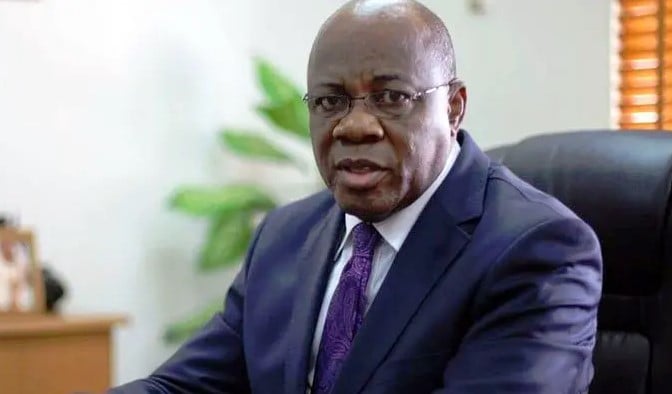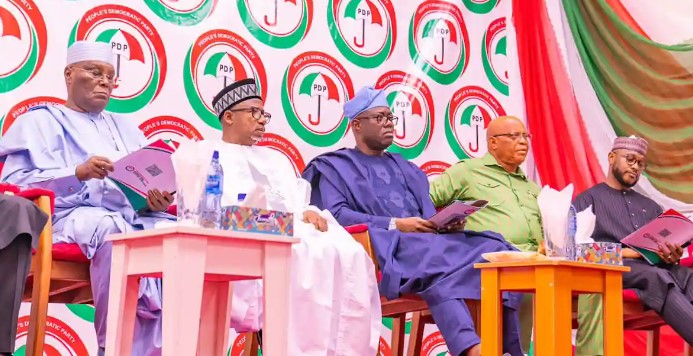Following the conclusion of the 2023 presidential election and the fallout, my opinion was that the transition period should be sobering in a manner that reflects the mood of the nation and be devoid of any semblance of pageantry.
Let us face it; by every measurement, President Tinubu is inheriting a fragile economy with high inflation rate, mounting debts, low government revenue and inadequate economic growth. This is in addition to generalized insecurity ravaging almost all parts of the country and worsening human development indices such as unemployment, poverty, out-of-school children, power failure, a crippling health sector, and an educational system that is almost in a state of disrepair. However, the most important aspect of every transition is that it offers an opportunity for reset.
In his inaugural speech, the president made clear remarks that may potentially offer important quick fixes. He made a commitment to unify the multiple exchange rates, lower interest rates, ensure an improved investment climate, end multiple taxation, grow the economy by an average of 6 percent, create 1 million jobs through the digital economy, and of course, the big elephant in the room, put an end to fuel subsidy.
Prior to his inauguration, many Nigerians were aware that an end to the fuel subsidy regime was only a matter of time. It was clear that retaining the inefficient subsidy no longer made economic sense, especially at a time when other critical sectors of the economy continue to suffer. In 2022 alone, Nigeria spent N4.39 trillion, or $9.7 billion, on petrol subsidies alone; this translates to an estimated 70% of the country’s total earnings from oil in the same year. This is also at a time when the country is spending more than 90% of its revenue on debt servicing and continues to struggle to meet its OPEC quota, a situation that has caused a significant dip in government revenue.
Advertisement
Unlike in the past, where the initial reaction to any attempt to remove fuel subsidy is usually greeted with mass outrage and resistance, surprisingly, the reaction this time has been measured and patriotic, a testament to the fact that the subsidy removal conversation may have attained national consensus and gained common ground. Most Nigerians share President Tinubu’s conviction that the subsidy has to go; the how may differ, but the tough choices are just unavoidable. After all, all the major presidential candidates promised to remove fuel subsidy.
Frankly, there were no easy choices for whoever had won the presidential election anyway, unless, of course, anyone setting up for failure; the hard choices were imminent. Former President Muhammadu Buhari left this country almost racing for the bottom; it was important to halt the slide at once. Moreover, we can already see the impact of such signaling and clear policy direction. The other day, the stock market was on the bounce, investors were on overdrive, and the market finished on a positive note of 5.2 percent, in what has been described as a TinuBull effect; market capitalization went from an average of N28 trillion to N30 trillion in one day!
As expected, the increase in the price of fuel has immediately led to a proportionate rise in the cost of living, especially with the increase in the cost of food items and transportation. Despite the temporal hardship, I find it admirable that the majority of Nigerians have remained resilient through it all; most people believe that the subsidy removal is a necessary sacrifice we must make for future progress.
Advertisement
However, I believe that the government must also not overstretch the people; there is a need for the government to immediately make critical interventions that can ease the pain in the short term, especially on the cost of food items and transportation. Government can also implement a work-from-home model for federal and state civil servants while encouraging private employers to do the same. In the medium term, the government must make an immediate and consequential adjustment to the minimum wage to reflect the new realities.
That said, there are at least two major gaps I have noticed in the implementation of the subsidy removal. The first is the lack of leadership examples and the obvious communication gap. On optics, I believe that the government can no longer carry on as though it is business as usual; this is a time to lead by personal example. I have argued that if a government must force a policy change, the change has to be top-down and not bottom-up. Government officials must equally cut down on their flamboyance and excesses; a 15-car convoy at a time like this would be insensitive; the austerity must be equal.
In addition to showing leadership examples, communication is key. I have often repeated that subsidy removal must be handled as though it were a national crisis. This is a time for the government to be on top of the situation, consistently offering reassurance, hope, and a clear direction. The government must communicate in a manner that conveys the biblical, “Though sorrow may last for a night, joy will come in the morning.” Communication and a worthy example are required to get this through!
Although it is still early days, Nigerians are looking up to President Tinubu for progressive good governance and the restoration of hope that had been long lost!
Advertisement
Awogbenle is an Author and Communications Professional.
Views expressed by contributors are strictly personal and not of TheCable.







